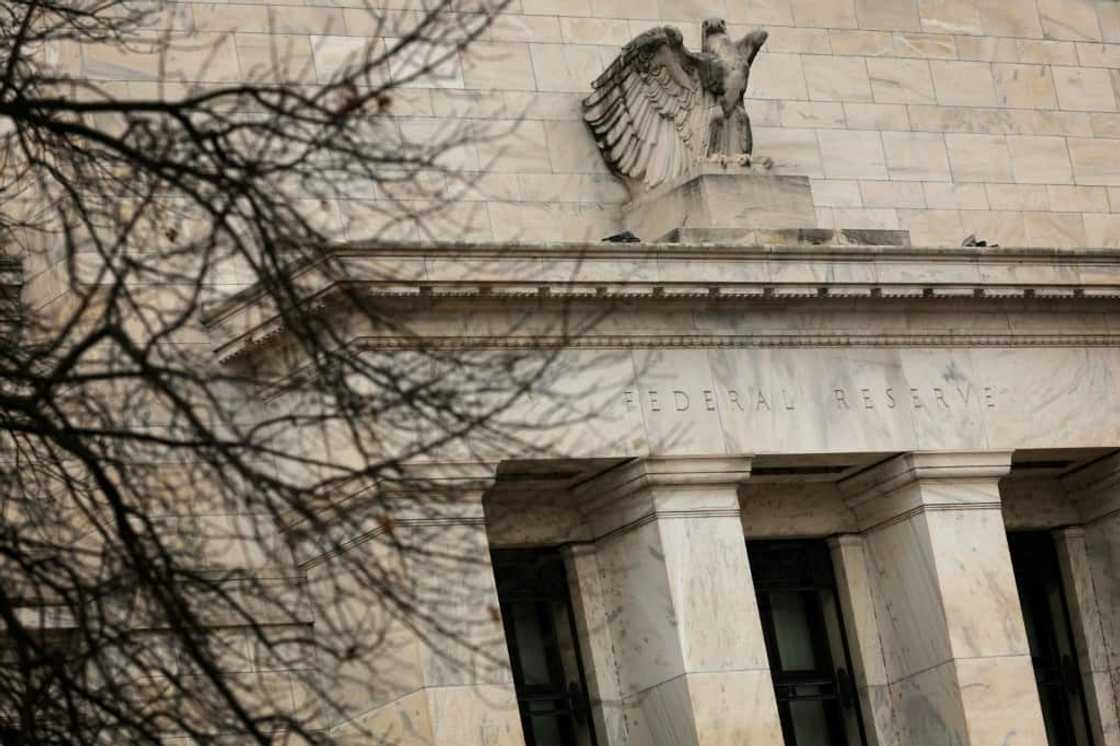US Fed official predicts higher long-term interest rates

Source: AFP
A senior Federal Reserve official confirmed Tuesday that she recently raised her prediction for interest rates over the longer term due to the enduring strength of the US economy.
Higher long-term rates would raise borrowing costs for consumers and businesses alike, making it more challenging for Americans to afford repayments on mortgages and car loans.
The Fed has lifted its key lending rate to a 23-year high of between 5.25 and 5.50 percent, as it seeks to bring runaway inflation firmly back to its long-term target of two percent.
At the most recent rate meeting in March, Fed policymakers voted to hold interest rates at their current elevated levels, while penciling in three rate cuts this year and lifting their expectation for where rates will settle over the long run to 2.6 percent.
Cleveland Fed president Loretta Mester, who is one of 12 policymakers with a vote on US monetary policy this year, said Tuesday that she had hiked her own forecast, from 2.5 percent to 3.0 percent.
"I raised my estimate to reflect the continued resilience in the economy despite high nominal interest rates and higher model-based estimates of the equilibrium interest rate," she told an event in Ohio, referring to the long-run rate.
PAY ATTENTION: stay informed and follow us on Google News!
The equilibrium or neutral rate of interest, also known as "R-star", is a hotly debated economic topic, which refers to the interest rate needed to keep the economy chugging along at full employment with an inflation rate of around two percent.
If R-star does settle at this higher level, it would mark a substantial change from the long period between the 2008 global financial crisis and 2017, when the Fed's interest rates mostly hovered close to zero.
"My instinct would be that rates will not go back down to the very low levels that we saw," Fed chair Jerome Powell told reporters after the most recent interest rate decision in March.
"I don't see rates going back down to that level, but I think there's tremendous uncertainty around that," he added.
Source: AFP

